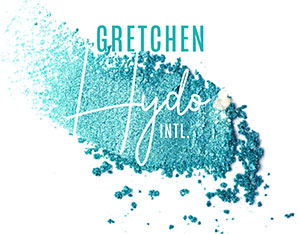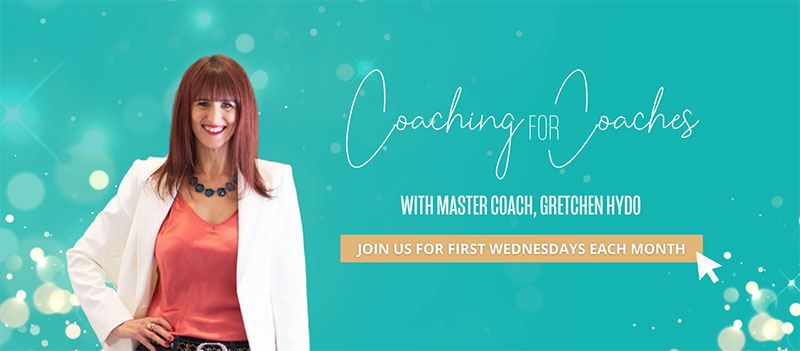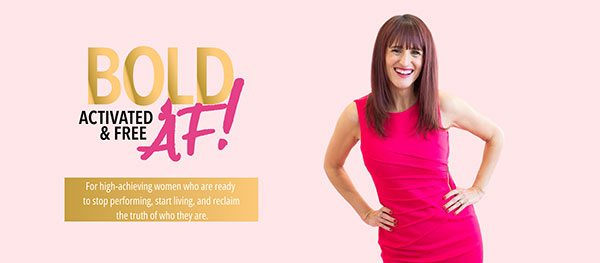
Connection calls are crucial to closing new clients and making a great first impression on them. But how do you prepare for a connection call with a potential client?
What is a Connection Call?
Before you can prepare for a connection call, you need to know what it actually is. Some coaches refer to a connection call as a discovery call or free touch-point call. But, essentially, it’s the first time you meet with a potential client and get to know them.
How to Have a Successful Connection Call
So how do you have a successful connection call? You want to be able to get into their background and really figure out what it is they’re stuck on and how coaching might help. Here’s how:
- Be a Detective
Learn as much as possible about the potential client that you’re going to be speaking with. Facebook and LinkedIn are really great places to do that.
- Send an Email
Secondly, you’ll need to send an email. In this email, ask them questions about what they are trying to create.
“What’s hard about that? What have you already tried? What are you wanting this year? Where do you feel stuck?”
These are great questions because they give you a jumping off point for the connection call. They give you a little bit of insight into who the person is and what they might be hoping for. They also help the potential client to see that: A) You’re a professional, and B) This is a serious business.
- Get Deeper
Once you get to the actual connection call, ask the potential client these questions again, even though they’ve already emailed you the answers. You want to go deeper than what was on paper, to the things that they haven’t necessarily said yet.
For example, you could say, “Hey, [client’s name], it was really nice getting your answers via email. Thank you so much for taking the time to do that. You know, I’m really curious about . You said that you’re interested in doing _. Tell me more about that.”
Some other questions you could ask are, “What have you tried? Where do you feel stuck? What are some of the other things you’re wanting this year?”
- Slow Down
The key to this conversation is really slowing down and staying out of your head. If you start worrying about, “Does this person like me? Am I doing it right?” you might drop into your social self rather than your professional self.
- Repeat Back
As you’re getting information from the client, dig deeper, and make references from what you’re hearing. For example, “So Gretchen, I hear that you want to write this book because it’s been something that’s been in your heart since you were seven.” Not only will this show that you’re listening and engaging, but it will ensure that you’re not interpreting anything incorrectly.
- Ask Open-Ended Questions
Ask a lot of open-ended questions. You want to be able to get to know them and really figure out what makes them tick.
- Ask for Questions
Toward the end of this potential client call, you want to say, “You know, [client name], I’ve asked a lot about you today, and I think I have a great grasp on what it is that you’re wanting to accomplish. And I’m wondering, what kind of questions do you have for me?”
This will turn the question back to them, and open the floor for them to ask you questions like, “How do you work? What do you charge? When would we coach? Tell me more. Will this work for me?”
How to Address Concerns
It’s unavoidable: clients are going to have concerns and objections. You need to be prepared for this so that you can ease their worries with great responses. If they bring up a concern to you and you hesitate in your answer, that won’t give them much confidence.
Setting Your Coaching Requirements
If a client asks, “How do you work? And what do you charge?” don’t jump into the logistics right away. Instead, say something like, “I’m so glad that you asked, but I have a few requirements for all of my clients. Can I share those with you first?” And then tell them what your requirements are.
For an example, here’s mine:
“The first one is that you’re committed. Coaching is more than just a commitment to your resources, it’s a commitment to change. It’s a commitment to your time and to really following through on some of the things that we’re going to do during coaching.”
“The second one is that you’re ready. Only you know if this is a good time for things to change in your life.” You never know what else may be going on in a potential client’s world.
“The third is that we do a trial coaching session. Today we were just getting to know each other, making sure this is a good fit, and determining if what you’re needing is coaching versus something else.”
Close it out by saying, “I’m hearing that this is a good fit, but before I bring on any potential client, I like to make sure that we coach first. That way, you can try out the coaching experience.”
Potential clients are usually blown away that you would offer a trial session. It takes the questions out of their head of, “What are we even going to do? What am I paying for?” and it helps them to feel more secure in the coaching process. But it’s not just for them; it enables you to make sure that they’re a good fit for you, too.
Pricing Concerns
They might have questions about money, because everybody does. Once you’ve shared your coaching requirements, you can answer these questions. Say something like “Tuition for this program is _.”
And then be quiet.
Chances are, they’re going to hesitate and take a few moments to think. You might be tempted to offer a discount to convince them to say yes, but you need to refrain. Just let it sit with them. They may feel nervous about the price—most people do, and that’s okay. So don’t jump in just yet. Simply make your highest recommendation and leave room for the trial coaching experience.
Cost Objections
More times than not, you will get some cost objections. Don’t argue with them about it being a lot of money. Instead, say, “It is, and I wouldn’t want you to do it unless you were 100% sure that it was going to work for you. So let’s set up that trial coaching session.”
At the end of the trial session, they may ask you some more questions. That’s when you’ll be able to determine if they’re meant to be a client now, or just a potential client for later.
From Connection Call to Coaching Success
There you have it! Now you know how to prepare for a connection call with a potential client. With these strategies, you’re equipped to approach connection calls with confidence and clarity. This preparation sets the stage for a productive coaching conversation and a seamless path to a proposal.
Want more guidance on what to say during a connection call? Then grab my FREE Connection Call Scripts and turn conversations into empowered ‘YES’ moments.





